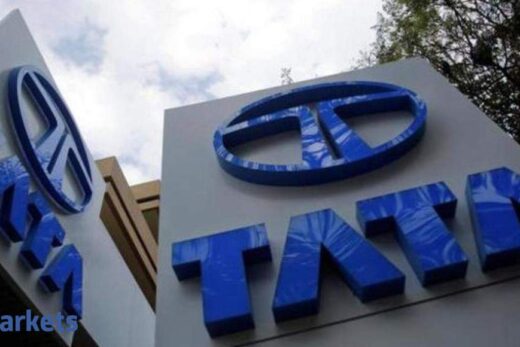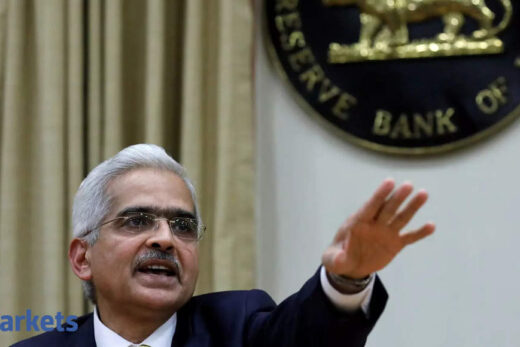A government official confirmed that the Indian Banks’ Association (IBA) has sought government intervention and guidance on the issue. Banks have pointed out that the provision will raise costs and any compliance shortfall can have serious implications.
The NDAA incorporates parts of the Combating Money Laundering, Terrorist Financing, and Counterfeiting Act of 2019, significantly enhancing the reach of authorities over foreign banks if they have a correspondent account with an American financial institution.
It allows the Department of Justice and the Department of Treasury to subpoena records of such a foreign bank. Importantly, this provision can be invoked without regard to whether the correspondent account was used for potential violation of US law or not.
Application will be Selective, Feel Bankers
The correspondent bank accounts of US financial institutions first came under watch through the US Patriot Act of 2001 to prevent money laundering and terror financing. “The banks have raised some concerns which are being looked at. The issues will also be discussed with the Reserve Bank of India and accordingly any decision will be taken,” said the official cited above.
Although Indian banks are compliant with the Foreign Account Tax Compliance Act (Fatca), Indian regulators should guide banks on the provisions of the NDAA that apply to them, experts said.
- Banks raise concerns about customer confidentiality, data privacy and national security
- Reach out to the govt through IBA
- Banks already compliant with Fatca regulation
- Govt to engage with regulator RBI on issue
- Regulations allow US govt to subpoena foreign-located bank data if foreign bank has a US correspondent account
“This amendment will result in additional overheads on foreign banks that have correspondent accounts in the US for responding to any subpoenas with the risk of noncompliance being both financial penalty as well termination of correspondent relationships that essentially may cause loss of business share,” said Jaikrishnan G, partner, financial services consulting, Grant Thornton Bharat.
According to Jaikrishnan, Indian banks that have correspondent accounts with banks in the US will need to consolidate and limit such accounts within the US to balance business volumes with compliance costs and legal exposure. “Banks will need to strengthen transaction scrutiny on such correspondent accounts to safeguard themselves against potential involvement in such investigations,” he said.
Bankers are of the view that the application of this amended provision will be selective and only relevant in cases where there is court intervention. “But clarity is needed and that is why we have approached the government,” said a bank executive aware of the developments.



